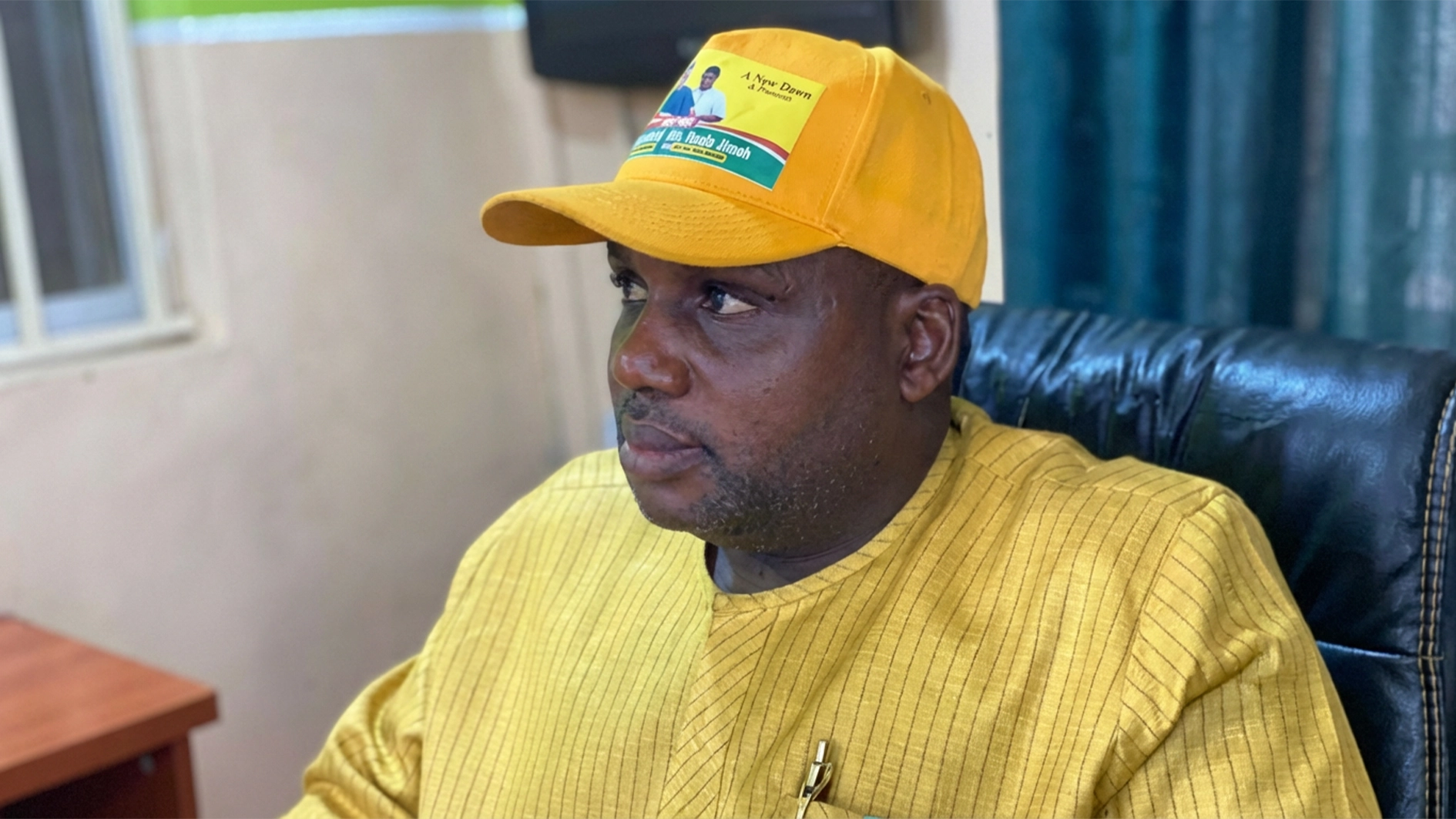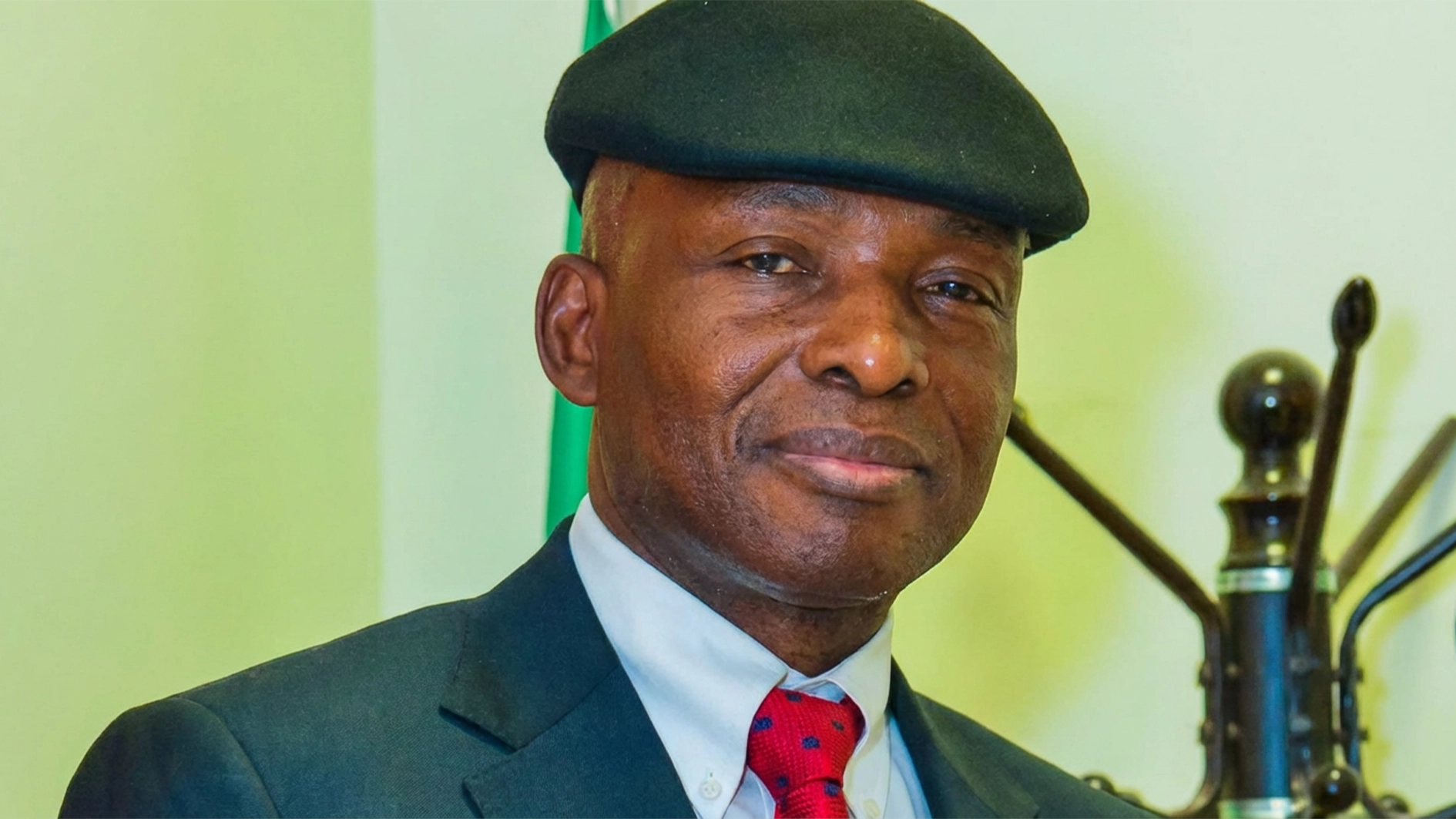
Speaker of the House of Representatives, Tajudeen Abbas, has described local government elections in the country as a mockery of democratic principles.
According to the speaker, the recently conducted local polls, where the ruling party wins all positions, not only undermine the very essence of democracy but also raise serious concerns about the integrity and functionality of local governance structures.
Abbas raised these concerns on Monday in Abuja at the National Dialogue on Local Government and Constitution Amendment, organized by the House of Representatives Committee on Constitution Review, led by Deputy Speaker Benjamin Kalu.
Abbas, represented by Kalu, observed that one of the most pressing issues that must be dealt with is the poor quality of elections in local government councils across the states.
According to him, when elections are characterised by a lack of competitiveness, where the ruling party sweeps all positions, “it becomes evident that we are witnessing a mockery of democratic principles.”
“This scenario is not merely an embarrassment; it poses a significant threat to our democracy. It fosters an environment where undesirable elements infiltrate these councils, often lacking the necessary capacity and vision to govern effectively,” the speaker stated.
The speaker lamented that local governments have become mere appendages of state governments or pawns in the hands of godfathers who manipulate political outcomes for their own gain.
Stressing that inadequate funding remains one of the most significant obstacles, he observed that local governments often operate on budgets that are insufficient to meet their responsibilities.
READ ALSO:LG election: Ogun deputy governor hails impressive turnout
Abbas applauded efforts made by the administration of President Bola Ahmed Tinubu in strengthening the local government system, adding that the recent Supreme Court judgment mandating the conduct of elections into the councils and the direct disbursement of funds to them has provided a significant legal framework that supports the autonomy and functionality of local governments across the country.
He said the landmark decision is a testament to “our collective commitment to uphold democratic principles at all levels of governance.”
The speaker, however, stressed that the need for comprehensive reform has never been more urgent, as some of the nagging issues still persist, maintaining that constitutional reforms are essential to address these challenges comprehensively.
He added: “We must advocate for greater financial autonomy for local governments by ensuring that they receive adequate funding directly from federal allocations without excessive state control. Additionally, we should explore mechanisms that empower local governments with more decision-making authority over their affairs.
“Importantly, we must confront the disgraceful poor conduct of elections into the councils. We must find a way of instilling transparency, fairness, and openness in the conduct of elections into local governments. Doing this would require the understanding and collaborative efforts of the state governors and Houses of Assembly.”
Speaking, the Development Director for the British High Commission in Nigeria, Cynthia Rowe, said the UK government cannot decide for Nigeria on local government autonomy.
Stressing that local councils are fundamentally about bringing government closer to citizens, Rowe said this is necessary following a report from the National Bureau of Statistics that approximately 70 per cent of Nigerians live in rural areas, with about 72 per cent of the rural population considered poor.
Rowe said: “Local governance is very much about the best way of delivering essential services for people. It is about enabling people to put food on their plates, to access clean water, to get health care, to get education for their families, and of course, about economic opportunities that are within the reach of all citizens. Even for those who are in a better position in life, it is about the same thing.
“It is about food, it is about education, it is about health, and then it also becomes about harnessing the talent that is abundant in Nigeria and, of course, for every government, about leveraging those taxes which help to deliver services as well.”
“And it’s most commendable that the Constitution Review Committee is facilitating these conversations, and the approach adopted by the Committee of the 10th National Assembly is a good scope for reasoned debate, for consensus building across key segments of Nigeria’s rich and diverse society.”






